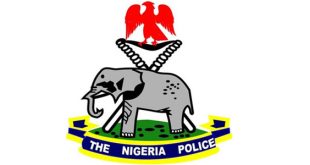The International Monetary Fund (IMF) has denied any direct role in Nigeria’s recent decision to remove fuel subsidies, clarifying that the move was independently made by the Nigerian government.
Since the subsidy removal, the IMF has been facing criticism amidst Nigeria’s rising inflation and the increasing hardships faced by citizens. Some have pointed fingers at the IMF, suggesting it may have influenced the government’s decision to implement these fiscal reforms.
However, addressing the media at the IMF and World Bank Annual Meetings in Washington, D.C., Director of the IMF’s African Department, Mr. Abebe Selassie, firmly stated, “The decision was a domestic one. We don’t have programs in Nigeria. Our role is limited to regular dialogue, as we have with other nations like Japan or the UK.”
Mr. Selassie highlighted that while the IMF does advise on efficient public resource management, Nigeria’s choice to end the subsidy aligns with its own long-term vision for sustainable economic development.
“Ultimately, these are profound domestic and political decisions that the government had to make,” he said, adding that the IMF views these actions as part of a broader strategy for better resource allocation in Nigeria.
Recognizing the immediate economic strain on Nigerians, Mr. Selassie urged the Nigerian government to consider social investment initiatives to support those most affected.
“We recognize the significant social costs involved,” he acknowledged.
“The government can mitigate these by expanding social protection for the most vulnerable.”
The IMF’s stance suggests that while it encourages measures for economic resilience, it remains in an advisory position, leaving the final call on policy matters to Nigerian authorities.
By Alimi Micheal

 National Telescope national telescope newspaper
National Telescope national telescope newspaper


